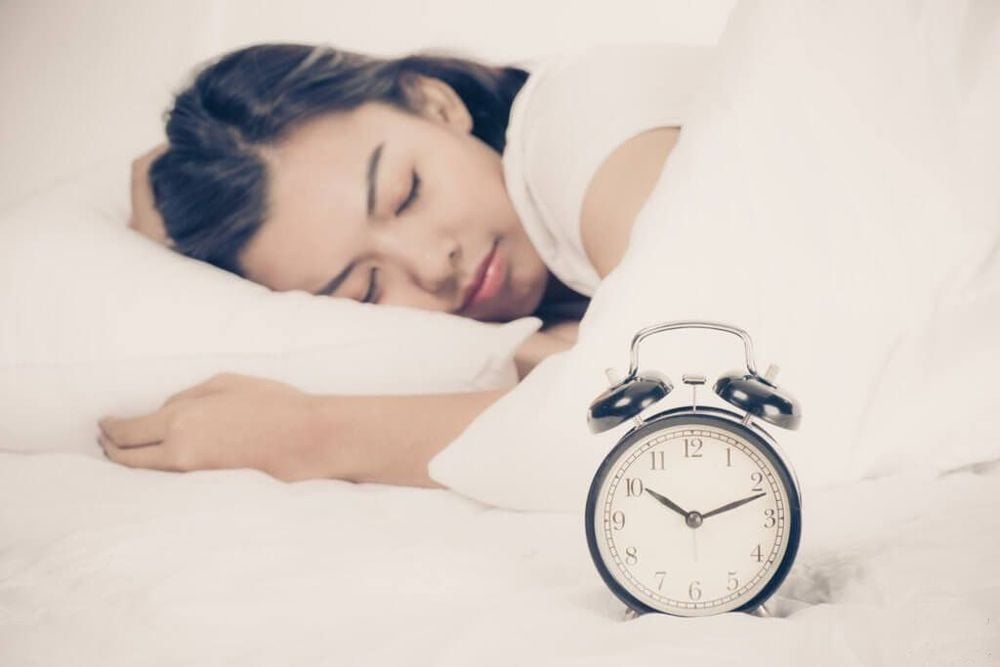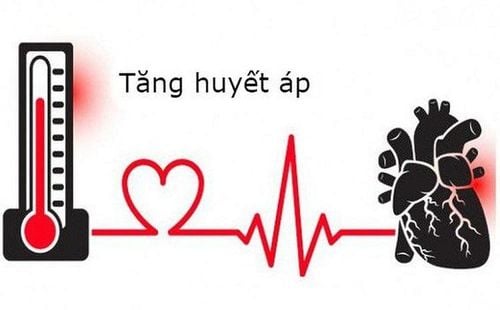This is an automatically translated article.
Narcolepsy is a chronic sleep disorder. People with narcolepsy may experience sudden daytime sleepiness, fatigue, and lack of energy. There is currently no cure for narcolepsy, but your doctor may suggest that you try some lifestyle changes, melatonin supplements and natural herbal extracts, yoga or acupuncture to help you get better. more balanced sleep cycle.If you're looking to try or apply complementary or alternative methods to manage your daily narcolepsy symptoms, there are a few ways to tackle this problem.
1. Yoga and meditation to treat narcolepsy
Many studies show that yoga and meditation have significant health benefits, including improved sleep quality. Certain yoga exercises can bring relaxation, reduce anxiety, and help you sleep better. However, when doing this method, keep in mind:
Choose the right yoga style: Hot yoga or vinyasa yoga exercises often include movements that increase the heart rate. Choosing these types of exercises will make it harder to sleep at night and aggravate daytime narcolepsy. Therefore, choose a relaxation and relaxation technique. Set up the right space for yoga or meditation: You can reduce the light, turn on soft, soothing music, and wear comfortable clothes to practice in a relaxing space. Focus on breathing: Pay attention to inhale through the nose and exhale slowly through the mouth. This move can help you relax and reduce stress before going to bed. Do not push yourself: Do not overdo it, instead let yourself practice with the aim of relaxing and releasing all senses.
2. Herbal remedy for narcolepsy
Research shows that certain herbs can help you sleep better and sleep better at night. For example, chamomile tea has a number of chemical compounds such as Apigenin that help with mild sedation, improving sleep problems. However, some people are allergic to this flower, so it's best to try a small amount first. Valerian root has natural sedative properties, so it has long been used as a sleep aid, to help alleviate problems such as stress, anxiety or headaches that disrupt the cycle. sleep period. However, if you intend to use it long-term, you should probably consult a doctor.
Other herbs used to improve sleep problems include passionflower, red ginseng, perilla, and hops. If you're taking prescription medication, be aware that certain herbs can interact with other medications or cause side effects. You should talk to your doctor first when you intend to treat narcolepsy with any herbs.

Bạn có thể tham khảo cách điều trị chứng ngủ rũ bằng thảo dược
3. Melatonin supplementation for patients with narcolepsy
The human body produces melatonin naturally about 4 hours before bedtime. This hormone is activated when the body is exposed to dark light at night. However, for patients with narcolepsy, the sleep-wake cycle may not be regulated properly. Research indicates that melatonin supplements can help regulate sleep cycles, increase rapid eye movement (REM) sleep time, and improve sleep quality.
4. Adjustment and lifestyle changes
A person with narcolepsy may often fall asleep or feel sleepy too many times a day. This condition can be dangerous if the person is engaged in activities that require concentration such as: driving, using machines, doing heavy work, etc. To reduce intense daytime sleepiness and sleep better at night , you can make some lifestyle adjustments as follows:
Schedule regular, short naps throughout the day; Maintain a routine of going to bed at the same time every night and waking up at the same time; Reduce distractions in the bedroom (eg: phone, TV, magazine...); Avoid alcohol, smoking and caffeine consumption before bedtime; Do not eat a lot of food before sleeping; Exercise regularly to maintain alertness and clarity during the day. However, do not exercise or exercise strenuously 2 hours before going to bed.

Duy trì thói quen đi ngủ giúp bạn chữa chứng ngủ rũ hiệu quả
5. Cognitive Behavioral Therapy (CBT)
Cognitive and Behavioral Adjustment (CBT) is considered one of the most effective ways to help treat depression and binge eating disorder. With narcolepsy, experts also teach patients to use this therapy to spot negative thoughts and habits, and quickly change them into healthier actions.
For example, every time you start to feel sleepy, instead of sitting still and falling asleep, CBT will help you avoid these desires by directing you to stand up, move or use a cup of cool water. If you're going to try CBT to treat narcolepsy, ask your doctor or psychologist if it's right for you.
6. Acupuncture therapy
Acupuncture is a method of Traditional Chinese Medicine, where experts insert thin needles into specific points on the patient's body, thereby reducing pressure in the muscles, improving quality. amount of sleep. However, more evidence is still needed to prove that acupuncture really helps treat narcolepsy.
Acupuncture is relatively safe if performed by a qualified, experienced person. However, if done incorrectly, needles that are not sterile can cause infections or other dangerous health problems. If you want to try acupuncture, look to reputable and professional addresses.
Most complementary and alternative narcolepsy treatments like yoga, meditation or CBT are safe and offer certain benefits. However, not all alternative medicine options, especially herbal remedies, products and supplements are safe even if they are "natural". Therefore, before taking any medicine, you should consult your doctor before using it.
Please dial HOTLINE for more information or register for an appointment HERE. Download MyVinmec app to make appointments faster and to manage your bookings easily.
References: ncbi.nlm.nih.gov, webmd.com












